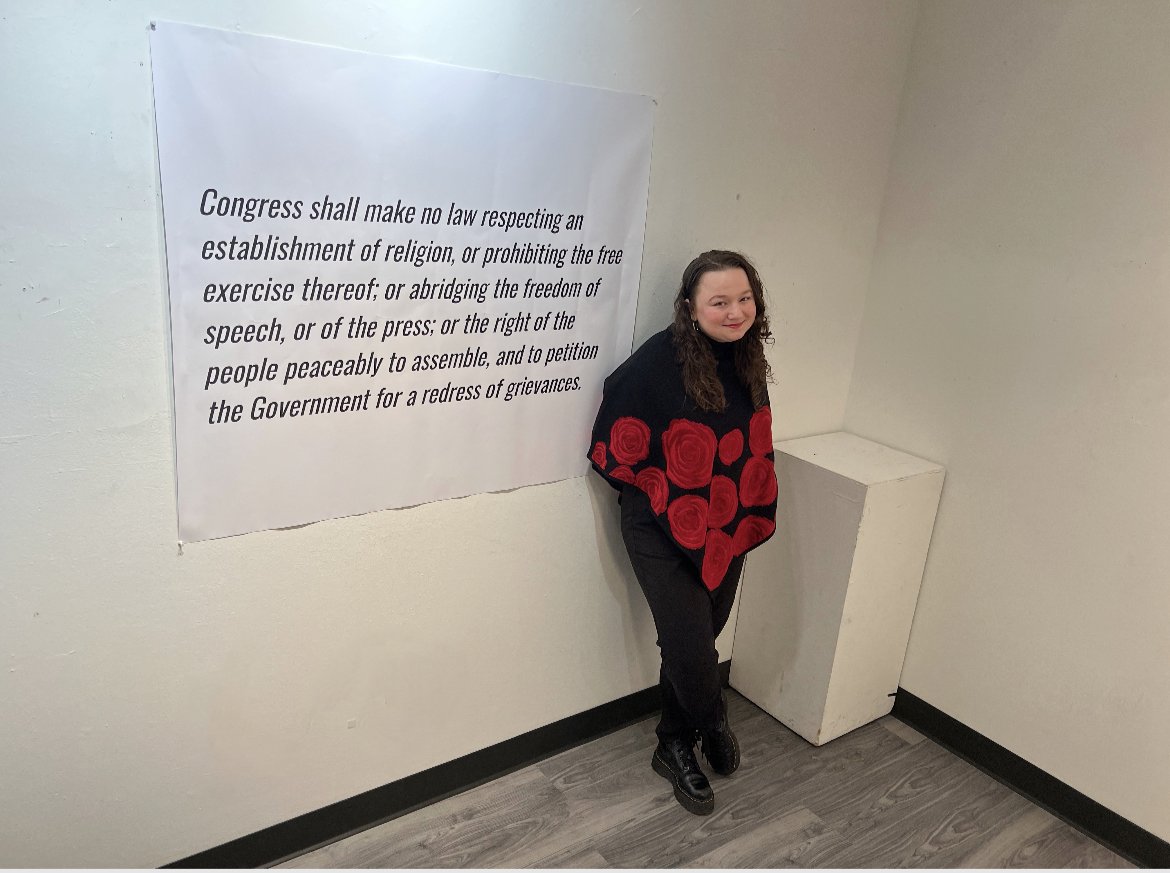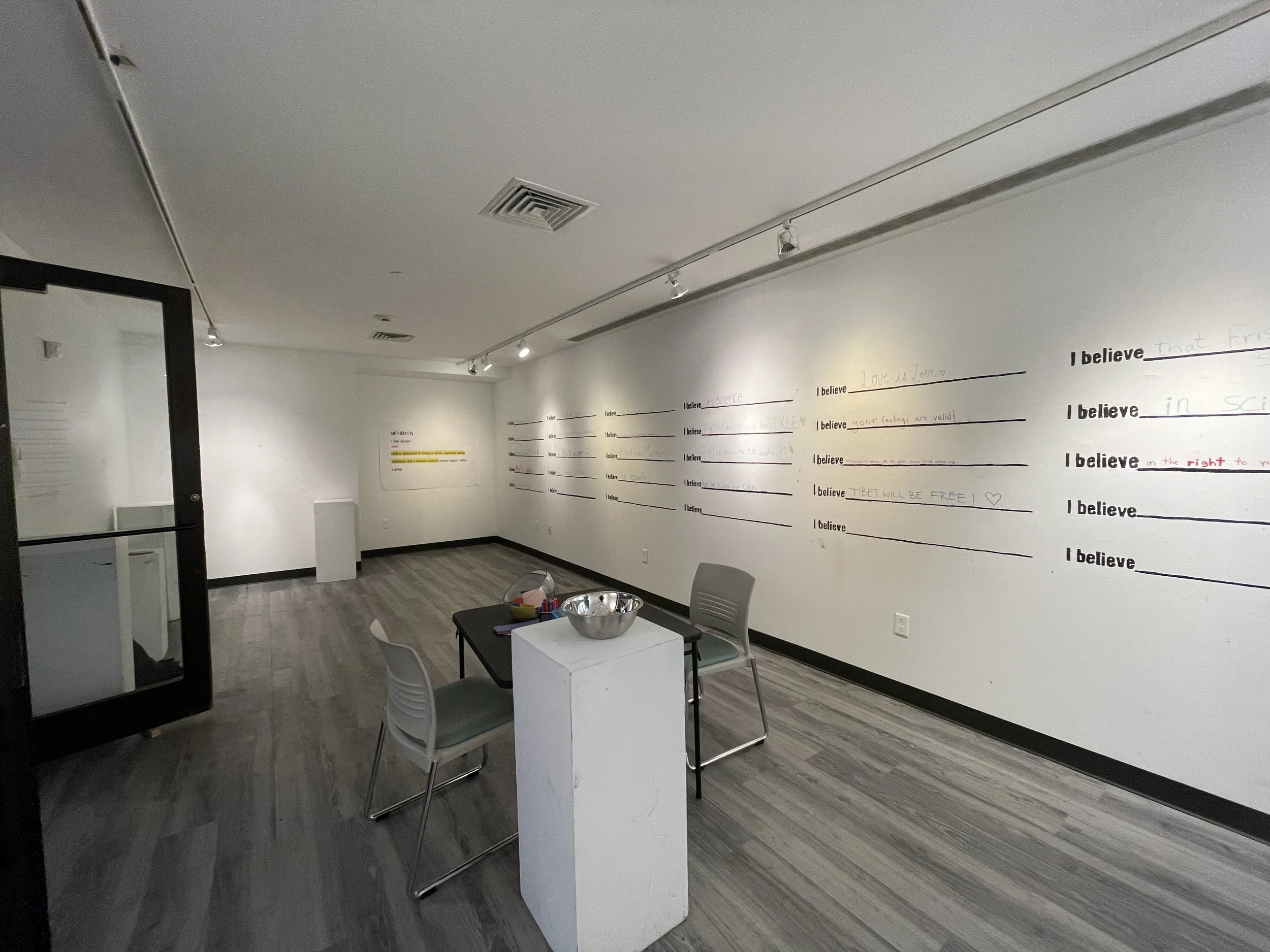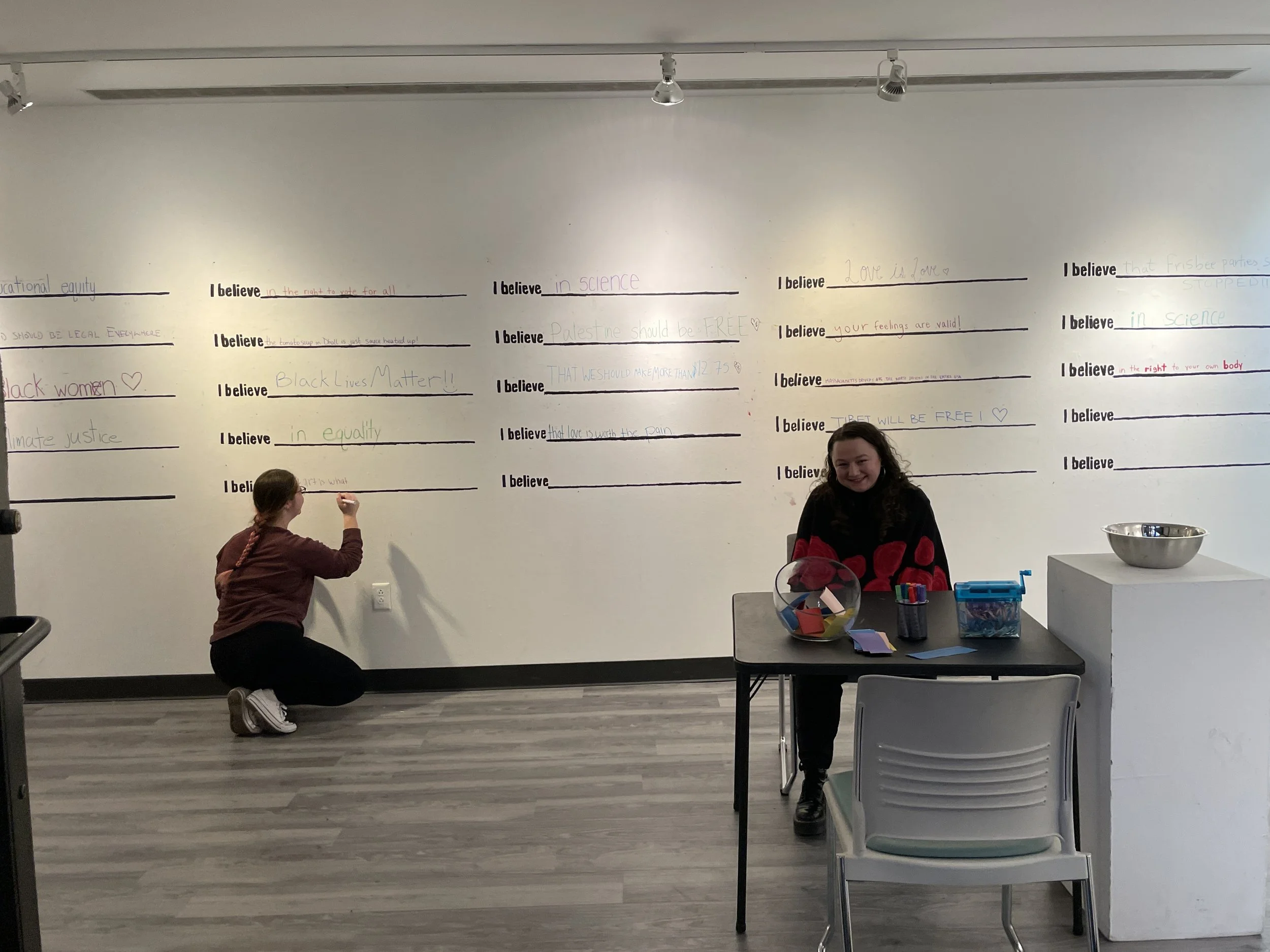A few months ago, Akhil Reed Amar, a professor at Yale University, came to Skidmore. He was giving a talk about the overturning of Roe v. Wade and the future of the Supreme Court - both topics I am interested in. But that is not why I attended this lecture. I attended this lecture because I wanted to ask him a specific question.
“Hello Professor Amar,” I started. “Throughout this talk, you’ve stressed the importance of the Supreme Court, especially during contentious times like the recent Dobbs decision. You’ve made me do a lot of thinking in regards to who we give the power to make these decisions. However, in 2018, you publicly endorsed Brett Kavanaugh for the Supreme Court. Do you regret this decision now?”
As you may remember, the now-Supreme Court Justice Brett Kavanaugh was the subject of intense public scrutiny a few years ago. In 2018, Kavanaugh was accused of rape by Dr. Christine Blasey Ford. The details of this event became very public and were a central subject of his confirmation hearings. In 2018, Akhil Reed Amar was one of the few Democrats that endorsed Brett Kavanaugh for the U.S. Supreme Court leading to his confirmation. In the end, Professor Reed Amar said that, for political reasons, he does not regret endorsing Kavanaugh.
I could have boycotted this lecture. I could have told everyone I know at Skidmore not to attend a talk given by a man who publicly endorsed Brett Kavaiuagh, who even went as far as to call Kavanaugh a “friend ”at the lecture. But I wanted to hear what he had to say. I wanted to look him in the eye and ask him why.
Situations like these are why I believe in the First Amendment. Professor Akhil Amar is largely considered to be one of the most respected voices in law. At the end of the day, Skidmore College is an institution for learning. I am here to learn. So I listened.
I believe that criticizing those in power is central to any kind of real progress in a democracy. I understand that people may have some pause when they hear phrases like “I believe in free speech.” Too often, this is a defense used by some people that are doing arguably reprehensible things. One of my biggest critiques of the current free speech landscape is the way it has been lambasted by shock value with little regard for others personal boundaries. Think for example, conservative pundit Steven Crowder’s “Change My Mind” series where he goes to college campuses with signs with buzz-worthy messages and films student's angry reactions to hateful statements under the guise of “debate.”. Often when challenged on his stances, Crowder will lean on the First Amendment. While Crowder’s expression is protected under the First Amendment, it doesn’t mean I have to like it. In fact, it is the same principle that allows me to counterprotest him, and tell everyone I know how ridiculous I believe him to be.
This leads me to my own personal project: inspired by some of these themes, I will be doing an art installation in Case Gallery from November 20 to December 2. I invite the Skidmore community to join me. Everyone on campus is encouraged to attend and to participate.
It will work as the following: First, you will write down a sentence about something that you believe on a piece of paper. It can be anything, as long as it does not violate the Skidmore Code of Conduct and is protected under the First Amendment. Then, you will draw someone else’s statement out of a bowl. In order for your own statement to be submitted to the bowl, you must handwrite the statement you drew, word-for-word on the wall. If, for whatever reason, you do not feel comfortable writing someone else’s statement on the wall, then both your statement and their statement will be shredded. No one’s will be on the board for all to read.
I understand that there may be some concerns with a project like this. People can write any belief they have on the board, as long as it does not violate the Skidmore Code of Conduct. I know what the implications of that are. I am putting a lot of faith and trust in our community. Still, I chose the location of my project with a lot of intention and care, so that if members of our community do not want to be exposed to my project for any reason, it is possible for them to avoid it entirely. One of my biggest critiques of the current free speech landscape is the way it has been the way it often is approached with this “all or nothing” mindset. You either have to be extremely supportive of everything everyone has ever said, or you’re a censor who wants to curb expression and destroy art. I hate the way free speech culture can be forced on people who may not wish to participate. The world can be an awful and scary place sometimes, especially for the people on our campus that are the most marginalized. You don’t have to participate, read, or even interact with my installation if you don’t feel up for it.
Additionally, even if you submit a statement yourself, you may not feel comfortable writing down another person’s statement on the board. But keep in mind that by refusing to write the statement you drew from the fishbowl on the Wall, you sacrifice your own sentence’s placement on the Wall. If you disagree with the statement so intensely that you are willing to forgo your own opportunity to have your thoughts heard, that is fine. But in the nature of leaning fully into this discomfort and the project, I would encourage you to reflect on whether it is worth casting away your own speech as well.
I have faith in this community, and I look forward to seeing the way you all will interact with my piece.
Images provided by Melanie Nolan


